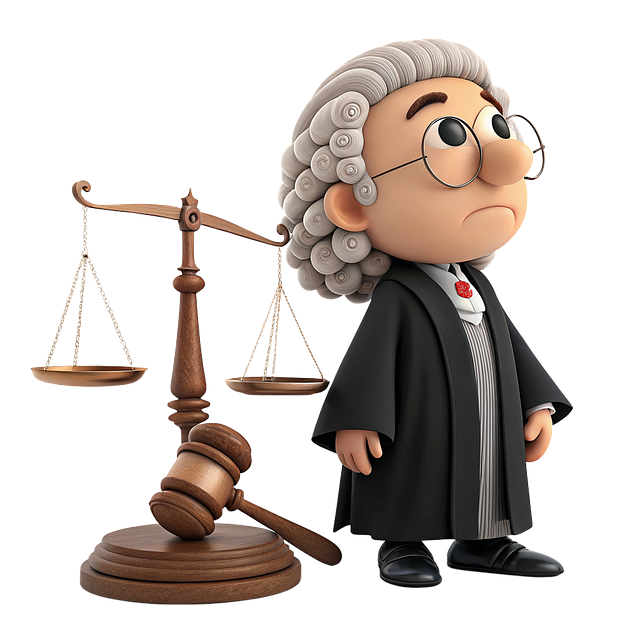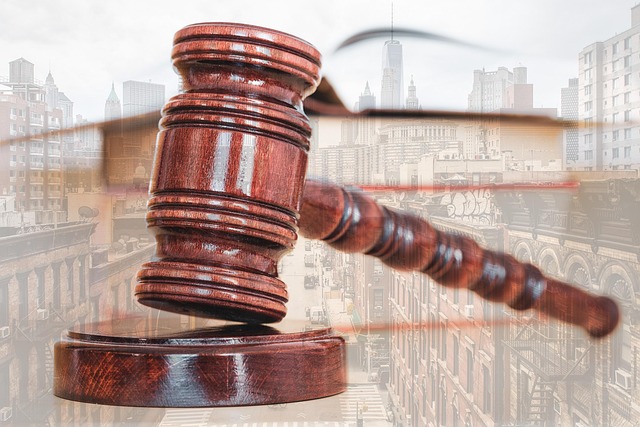Uncovering consumer fraud requires initial steps like gathering information, scrutinizing records, and identifying patterns through databases. This leads to a Consumer Fraud Class Action Lawsuit Process, coordinated nationally to expose schemes and hold perpetrators accountable. This strategic legal approach empowers consumers to seek financial compensation and promote business transparency. Expert legal guidance is crucial for successful outcomes, leveraging case laws and arguments to ensure justice.
In the complex landscape of corporate practices, the shadow of consumer fraud looms large. Uncovering these insidious schemes requires meticulous investigation, especially when considering the potential impact on vast numbers of individuals. This article delves into three critical aspects of corporate crime investigations: initial steps for uncovering consumer fraud, the power of class action lawsuits as a collective stand, and navigating the legal process to achieve justice. By understanding these components, we empower ourselves to protect against and pursue accountability for consumer fraud.
- Uncovering Consumer Fraud: Initial Steps
- Class Action Lawsuit: A Collective Stand
- Navigating the Legal Process for Justice
Uncovering Consumer Fraud: Initial Steps

Uncovering consumer fraud is a meticulous process that often involves complex trails of financial transactions and deceptive practices. The initial steps in investigating such cases are critical, setting the foundation for a thorough and effective inquiry. It begins with gathering all relevant information from victims and witnesses, scrutinizing financial records, and analyzing patterns indicative of fraudulent activities.
This preliminary phase includes identifying potential targets through databases and public records, which may lead to initiating a Consumer Fraud Class Action Lawsuit Process. By coordinating efforts across the country, involving both the philanthropic and political communities in support of white-collar defense strategies, investigators can unravel intricate schemes, holding perpetrators accountable for their actions.
Class Action Lawsuit: A Collective Stand

In the context of corporate crime investigations, a Consumer Fraud Class Action Lawsuit serves as a powerful tool for holding businesses accountable. When companies engage in deceptive practices targeting consumers, this legal strategy allows affected individuals to unite and demand justice collectively. By pooling their resources and sharing legal costs, class action lawsuits amplify the impact of individual victims, ensuring that corporations are held responsible for their actions.
These lawsuits follow a structured process, beginning with an investigation into the alleged fraud. This involves gathering evidence, interviewing witnesses, and building a solid case against the corporate defendant. If the evidence warrants, lawyers can file a lawsuit on behalf of all affected consumers, seeking compensation for damages incurred due to the company’s misconduct. The collective nature of this approach not only provides financial restitution to victims but also sends a strong message that white-collar crime will not be tolerated, fostering a more transparent and ethical business environment for both corporate and individual clients.
Navigating the Legal Process for Justice

Navigating the legal process for justice in corporate crime investigations is a complex task, especially when it comes to consumer fraud class action lawsuits. This process involves meticulous steps, from gathering evidence and conducting interviews to filing claims and presenting them in court. The primary goal is to hold culpable parties accountable and provide redress to affected consumers.
Successful outcomes often hinge on the expertise of legal professionals who understand not just the intricacies of the law but also the unique dynamics of corporate and individual clients. By employing strategic tactics, such as leveraging relevant case laws and utilizing powerful legal arguments, attorneys can achieve extraordinary results for their clients. This ensures that justice is served and that those responsible are brought to light, fostering a culture of transparency and accountability in business practices.
In conclusion, addressing corporate crime, particularly consumer fraud, requires a multi-faceted approach. Initial steps include meticulous investigation and documentation, which can lead to powerful collective actions through class action lawsuits. Navigating the legal process ensures that justice is served, holding accountable those who engage in deceptive practices. By understanding these interconnected components—uncovering fraud, initiating class action lawsuits, and pursuing legal remedies—individuals and communities can protect their rights and contribute to a fairer marketplace.






